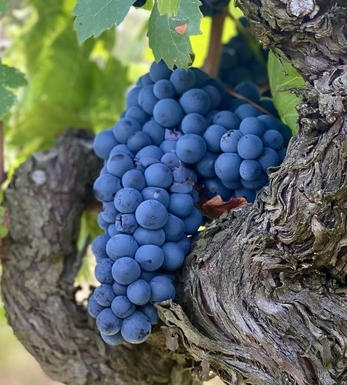
Critics reviews
Josh Raynolds - vinousmedia.com - Sept 2012
Decanter, December 2012.
About this WINE

Carignan
Carignan, as its name suggests, is presumably of Spanish in origin, from around the town of Carineña west of Priorat in the province of Aragon.
Carignan, also known as Carginano in Italy and Cariñena or Mazeulo in Spain, is one of the most widely-planted red grapes in France. Planting became widespread in France during the 1960s, when Algeria gained its independence and was no longer an inexpensive source of red grapes. Languedoc-Rousillon (Cotes du Roussillon, Corbières, Saint Chinian) is the bastion of Carignan in France, and it is also grown Provence, although it now gradually being replaced with more complex and characterful varieties such as Syrah and Grenache.
The berries are blue-black, with fairly thick, astringent skins.Carignan buds and ripens quite late, so it is resistant to spring frosts, but requires a long ripening season and warm climate. It is a vigorous grape, which can result a wine of dull character.
Carignan is useful for adding intense colour, acidity, and fleshy tannins to the archetypal Southern French blends of Syrah, Grenache and Cinsault. Few select growers have managed to produce interesting, distinctive wines from this grape by carefully limiting the vine vigour and the yields.
Old Carignan vines (over 50 years) on a combination of low yields and suitable terroir can produce magnificently concentrated and characterful wine. The best expressions can be found in Priorat.



Buying options
Add to wishlist
Description
Alvaro’s Canins is made half from local variety Samsó (a synonym for Carinena), then 40% Garnacha and 10% shared between Cabernet Sauvignon and Syrah. The wine has classic Priorat weight, with velvety raspberry fruit and hints of spice and vanillin; the naturally ripe exuberance inherent in this region has been tamed by this relatively mild vintage and the result is pleasingly approachable in youth.
Simon Field MW, Fine Wine Wine Buyer
wine at a glance
Delivery and quality guarantee